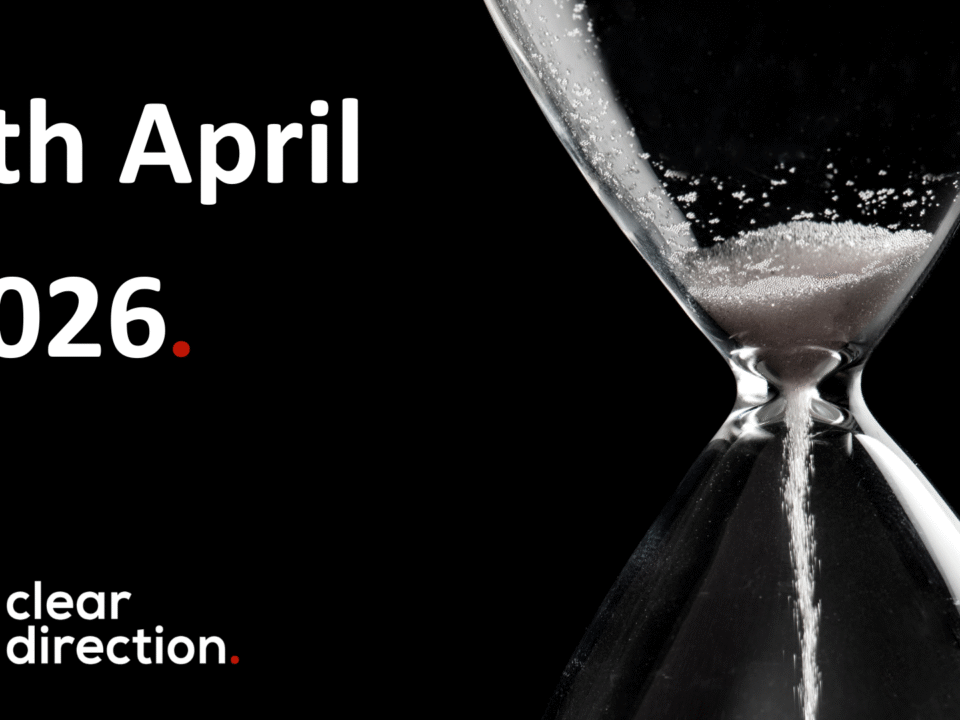
Clear Direction’s Wayne Morgan Featured on Richard Hammond’s Workshop
5 November 2025
Nearly 500 employers have recently been fined more than £10 million by HMRC for failing to pay the National Minimum Wage (NMW) to their employees. Some of these businesses are well-known household names — including Holland & Barrett and Go Outdoors — showing that even experienced employers can get caught out.
Common Causes — Often Unintentional
Often Unintentional In many cases, underpayment isn’t due to deliberate action, but rather administrative errors or technical oversights. It’s easy for well-intentioned employers to fall foul of the complex NMW rules.
Some of the most common causes include:
- Not paying for time taken to complete mandatory training
- Failing to pay for travel time between different work sites
- Expecting employees to arrive early or stay late without pay
- Employees helping to close up after their shift has ended
- Not updating pay rates promptly after a worker’s birthday
- Holding unpaid team meetings outside normal working hours
These errors often stem from well-meaning attempts to manage costs or streamline processes — but they can still amount to unlawful underpayment.
Consequences of Non-Compliance
Employers who fail to meet NMW obligations face penalties of up to 200% of any underpaid wages, in addition to being required to repay affected employees.
The reputational impact can also be severe: HMRC publishes a list of non-compliant employers, and being named publicly can damage trust with both employees and customers.

Protecting Your Business
Employers can minimise risk and demonstrate best practice by taking proactive steps to ensure compliance. Regular reviews and training can make a significant difference in identifying and correcting potential errors before they escalate.
Recommended actions include:
- Auditing HR and payroll processes for accuracy and compliance
- Reviewing time-tracking and rota systems to ensure all working time is paid
- Training managers and supervisors on pay entitlements and working time rules
- Monitoring employee milestones, such as birthdays, where pay rates change
Taking these steps helps maintain compliance, protects your organisation’s reputation, and ensures employees are treated fairly.

How the National Minimum Wage Is Calculated
HMRC assesses whether workers have received at least the National Minimum Wage within each pay reference period — the timeframe over which their pay is calculated.
For most employees, the pay reference period is one month, matching their pay cycle.
For weekly-paid workers, it’s one week.
Even where staff are paid less frequently than monthly (e.g. quarterly), employers must still ensure that NMW requirements are met each month.
HM Revenue & Customs (HMRC) has fined nearly 500 employers more than £10 million for failing to pay staff the National Minimum Wage (NMW).
Among those named were several high-profile brands — including Holland & Barrett and Go Outdoors — highlighting that even experienced employers can fall short of compliance.






